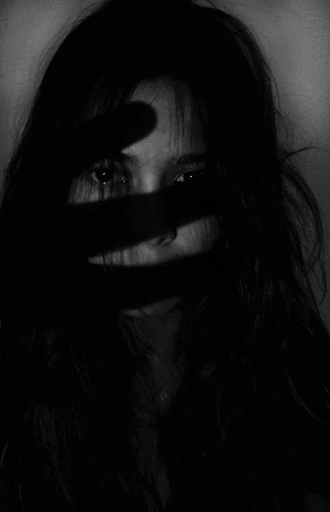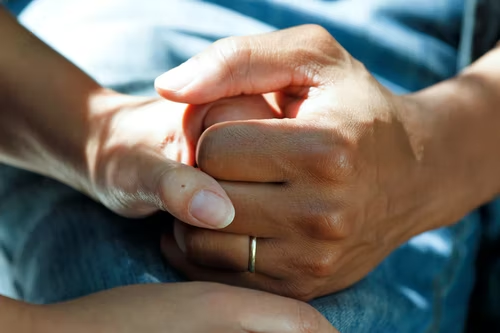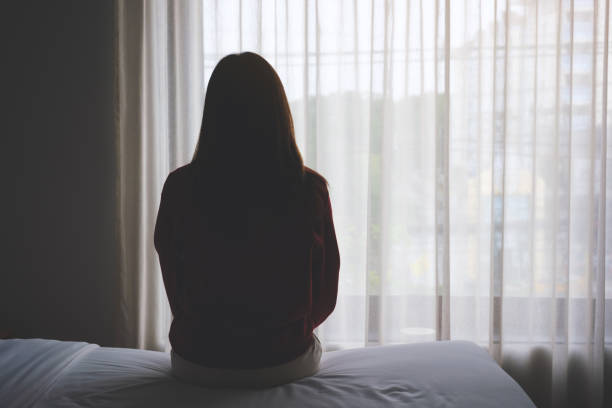The Different Types Of Depression And How To Treat Them
Depression is one of the most common and well-known types of mental illnesses. It affects millions of people worldwide and significantly interferes with their life.

However, not all depression cases are the same. There are many forms of depression, all with different causes, symptoms, and treatments. Read on to learn more about these types as well as how to manage them.
What Is Depression?
Depression is a common mental illness that causes a person to experience intense feelings of sadness, apathy, hopelessness, or despair. However, this is not the same as feeling down or sad every once in a while. The emotions can be overwhelming and impact every part of life. People with depression often struggle in school and work and withdraw from any form of socialization. Furthermore, depression can last as long as a few weeks or up to many years, being a significant factor in life changes and events.
Though not every case of depression is the same, there are some common symptoms to look out for. Typical symptoms of depression include:
- Intense sadness or depressed mood
- Apathy or no pleasure in hobbies and interests
- Insomnia or other issues with sleep
- Fatigue
- Slowed movements and speech
- Restlessness
- Difficulty concentrating
- Changes in appetite
- Feeling worthless or hopeless
- Thoughts of suicide**
**If you or a loved one are experiencing suicidal thoughts, reach out for help immediately. The National Suicide Prevention Lifeline can be reached at 1-800-273-8255 and is available 24/7.**
There are many causes of depression, which result in the many forms of this condition. Some of the most common causes of depression include:
- Genetics
- Abuse
- Death of a loved one
- Major events, such as a job loss, breakup, or move
- Certain medications
- Other mental illnesses such as bipolar disorder or post-traumatic stress disorder
- Substance use
The Different Types Of Depression And Their Symptoms
People often consider all cases of depression to be equal and the same. However, this is not true. There are many types of depression, all with different causes and slightly varying symptoms. Therefore, it’s important to discuss with a therapist the factors that may be contributing to your depression so they can figure out how to best help you. Read on to learn more about the different types of depression.
Major Depression
Major depression is a more serious case of depression. The symptoms may persist longer than typical depression and will be more severe. While people with mild depression may experience their symptoms only for a few days in a two-week period, those with major depression will experience them almost every day.
This type of depression causes significant emotional pain for the affected person and interferes with every part of their life, including relationships, school, work, and lifestyle. A person with this type of depression may completely change their daily routine and withdraw from friends and family due to their distress.
Bipolar Disorder
Bipolar disorder is characterized by extreme mood swings that shift from manic states (extreme periods of euphoria) to depressive episodes. The depressive episodes are similar to major depression and can bring about severe distress and emotional pain. The difference is that the person will eventually swing into manic states where they experience intense energy and joy.
Postpartum Depression
This is a type of major depression that affects parents in the weeks and months after their child is born. Though this type is mostly associated with women, about 1 in 10 men also exhibit postpartum symptoms.
Psychotic Depression
Psychotic depression is also similar to major depression but includes symptoms of psychotic episodes. These symptoms include hallucinations, delusions, and paranoia. People with this disorder often lose touch with reality. Medication and hospitalization are critical treatment options to help manage these symptoms and keep the patient safe.
Seasonal Affective Disorder (SAD)
People with SAD will experience depression during certain times of the year, particularly winter and the darker parts of autumn and spring. This is primarily due to the increased darkness experienced from shorter days in addition to more gloomy weather. Individuals with this disorder typically improve in the springtime when the weather brightens and the days get longer.
Persistent Depressive Disorder
Persistent depressive disorder occurs when an individual has experienced depression for two years or longer. It can have long-term effects on relationships, work, health, or school. Those with this type of depression will struggle to be happy even during joyful occasions and may be described as having a gloomy personality or being a “downer.”
Keep in mind that this list is not exhaustive. If you believe your depression has a unique cause or is a different type than these, discuss your symptoms and thoughts with a therapist or psychiatrist. BetterHelp is a great source to learn more about the types of depression mentioned in this article as well as the ones that weren’t.
How To Manage And Treat Depression
No matter what type of depression you are experiencing, there are plenty of ways to manage it. The exact treatments that are best for you will depend on the type of depression you are experiencing as well as the severity of the symptoms. Here are some common management and treatment options that may help with various types of depression.
- Healthy Lifestyle: Eating well, exercising, and sleeping well are all great contributors to good mental health. For more mild cases of depression, this may be enough to treat most of the symptoms. For more serious cases, these factors may ease symptoms when combined with other treatment options.
- Therapy: Talking with a psychological or medical professional is one of the best ways to manage or treat depression. They will be able to determine what kind you have as well as what treatment options would be best. Depending on the type and severity of symptoms, they may utilize talk therapy or use other forms of treatment.
- Medication: Though medication does not cure the causes of depression, it helps manage the symptoms. Medication is an important management option for those experiencing more serious forms of depression, such as major depression, psychotic depression, and bipolar disorder.
If you are experiencing depression, talk with a therapist or doctor to discuss treatment options. You don’t have to live with these symptoms of experiencing extreme distress. There are many ways to find treatment so that you can experience a happy and fulfilling life again.
Marie Miguel Biography
Marie Miguel has been a writing and research expert for nearly a decade, covering a variety of health- related topics. Currently, she is contributing to the expansion and growth of a free online mental health resource with BetterHelp.com. With an interest and dedication to addressing stigmas associated with mental health, she continues to specifically target subjects related to anxiety and depression.






